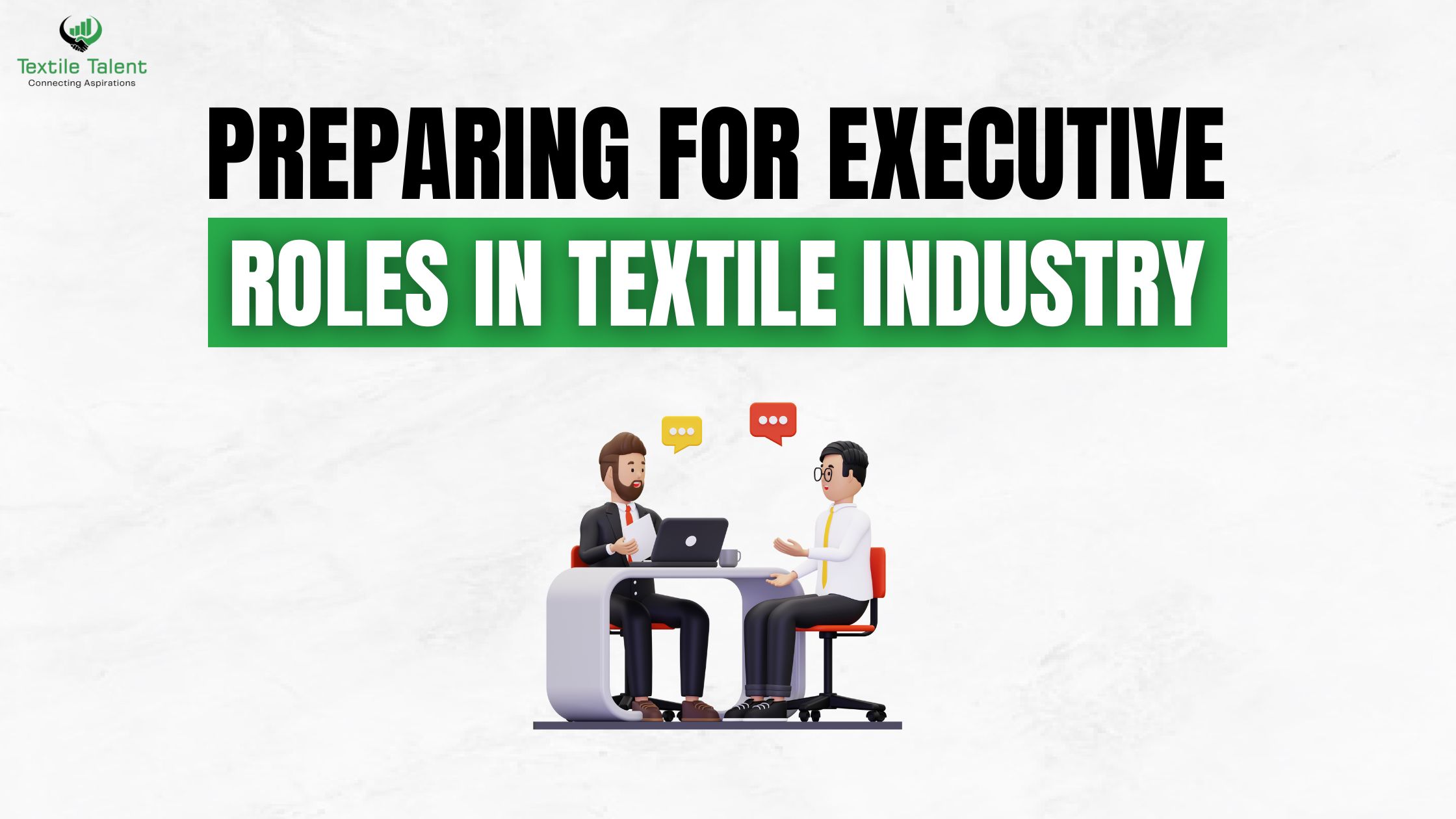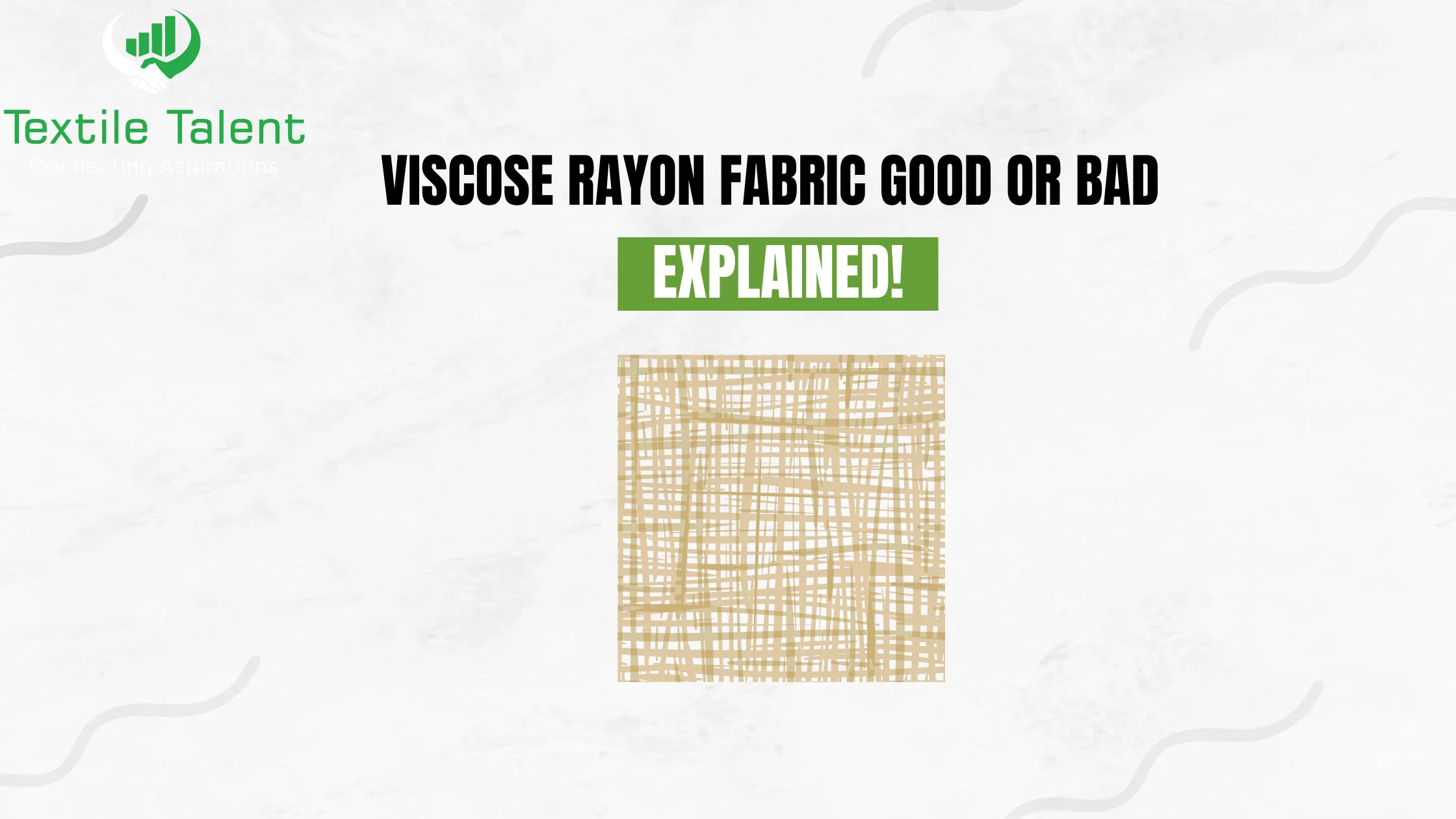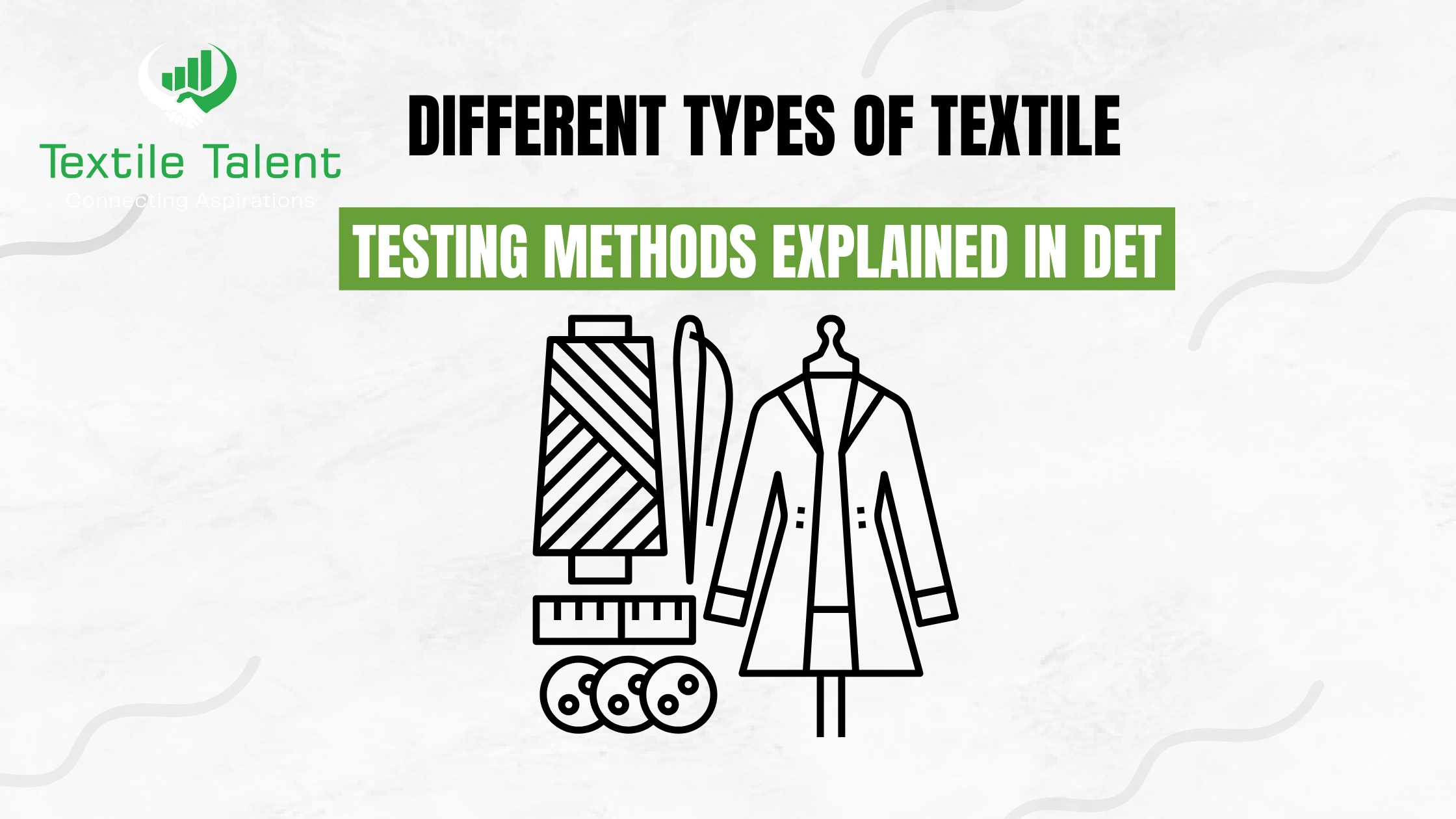
In the textile industry securing an executive position demands more than experience. From financial management to labour handling you need to be skilled enough to grab this job position. Additionally, adaptability is the key to gaining further success in this position as any kind of condition can occur while you are performing duty in this position.
In this article, we will let you know how a job seeker like you can prepare for an executive role in the textile industry.
Introduction:
When you start looking for a senior executive position in the textile industry thorough preparation is essential. Along with finding the best job for yourself, keep on enhancing your skills to meet industry standards. What's the best you can do to apply for textile industry jobs? Refine your expertise and ensure that you are well-equipped for leadership challenges.
For job seekers aspiring to executive roles a deep understanding of the job you are looking for is a must to stand out in a competitive market. To prepare for an executive role in the textile industry, understanding the industry requires developing leadership qualities. There are many things for which you need to be prepared to grab an executive-level position in textiles.
1. Understand the Textile Industry’s Landscape
Before you apply for an executive position the best thing you need to do is to gain deep insight into the textile industry market trends, challenges and innovations. Being the applicant for an executive role in this industry it is essential to have a strategic vision for navigating various challenges such as Global Supply Chain, Efficient Material Sourcing, Various Sustainable Practices and Market competition.
As a job seeker, do remember to stick to the tried and true, and success will follow. Job seekers should regularly follow industry publications, attend conferences, and engage with textile professionals to stay updated on sector trends.
2. Develop Leadership and Management Skills
Another thing you need to follow is to develop the leadership and management skills inside you. Why? Because the executive role in the textile industry demands effective communication, decision-making expertise and leadership abilities
-
Strategic thinking- You must be mature to understand the business growth and competitive position.
-
Operational excellence- Inherit the skills to allocate resources, and manage logistics and large-scale production.
-
Team leadership- Inspiring and leading diverse teams toward success.
-
Conflict resolution- Develop skills to handle supply chain issues, production setbacks and workforce dynamics.
If you have completed an MBA from a reputable institute or have completed management courses, you may have already strengthened your leadership qualities; otherwise, it is wise to complete one.
3. Gain Relevant Experience in Textile Operations
If you are a fresher and thinking of applying for a top-level executive role in the textile industry then you may need to gain exposure to certain things at least for a few years before applying for this position. You need to build strong foundational experience in:
-
Production management– Enhance your understanding of raw material, quality control and machinery.
-
Supply chain & logistics– Learn the procedure for managing inventory, procurement and distribution network.
-
Retail & fashion marketing– Learning about branding, consumer behaviour, and sales growth.
-
Export & international trade– Navigating tariffs, compliance, and global expansion strategies.
Seeking internships, mentorships, or mid-level roles in textile businesses can help job seekers develop this expertise.
4. Strengthen Financial & Business Acumen
Once selected to work as a chief executive in the textile industry your major role would be related to making decisions for a profitable business. Before you apply strengthen your financial and business knowledge, it involves:
-
Budget planning & cost control- You must be smart enough to manage with ease operational expenses while maintaining a sustainable financial structure.
-
Revenue generation strategies: Nourish your skill and knowledge to identify new market opportunities and diversify product lines.
-
Investment Analysis: Keep yourself updated with economic factors that affect the textile business.
Taking finance or business strategy courses can help strengthen decision-making abilities.
5. Network with Industry Experts
Networking is key to accessing executive-level opportunities Job seekers should:
-
Event Attending: Attend textile industry events, trade fairs, and leadership seminars.
-
Social Connection- Engage with executives through LinkedIn and professional associations.
-
Mentorship- Join mentorship programs where industry leaders guide rising professionals.
-
Mock test- Seek informational interviews with successful textile executives to understand their career paths.
Building strong relationships within the industry opens doors to high-level career opportunities when looking for textile industry jobs.
6. Stay Adaptable and Embrace Innovation
Technology is evolving day by day, so is the textile industry. This demands that applicants seeking for chief executive jobs should embrace innovation and adaptability.
-
Ai Technology-. You must have an understanding of automation & AI-driven textile machinery.
-
Consumer Behaviour- A rapid evolvement of technology and products results in a consumer shift, so there is a need to understand sustainability demand and ethical sourcing resulting in consumer behaviour.
-
Business Model- Explore new business models such as direct-to-consumer sales and e-commerce strategies.
-
Overall Development- Invest in professional development by learning new technologies and industry advancements.
Job seekers should demonstrate their ability to innovate and lead businesses through change, making them valuable executive candidates.
The Bottom Line
By reading the above article now you may have understood that investing in yourself will improve your chances to get hired as an executive in the textile industry. Refine your skills, develop your professional skills to position yourself as the top candidate for executive job.






